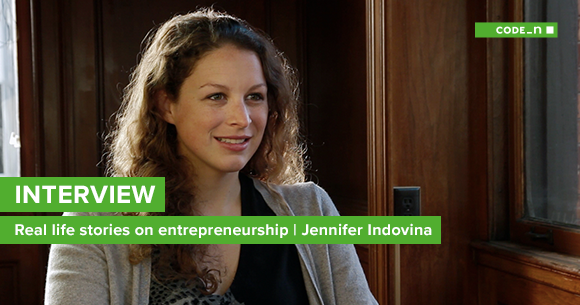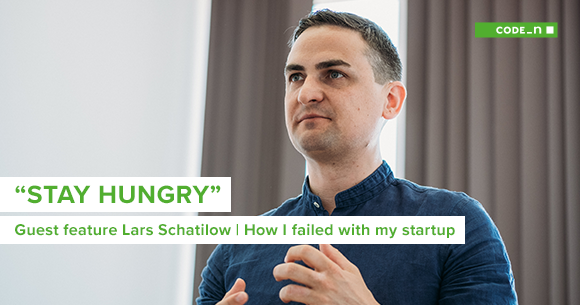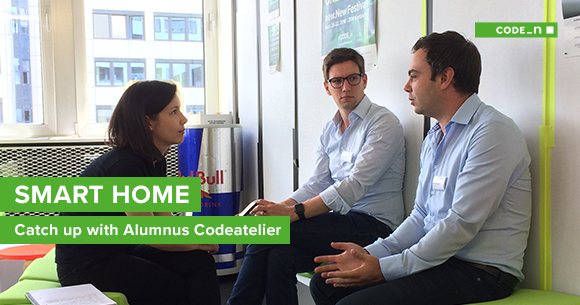CODE_n13 Jury: Interview Antonella Battaglini
Since 2001, CODE_n Juror Antonella Battaglini, a researcher for the Potsdam Institute for Climate Impact Research (PIK), has devoted herself to the area of renewable energy. She introduced her groundbreaking intelligent electricity network concept, called SuperSmart Grid, to the public in 2007. SuperSmart Grids connect transmission networks in order to distribute electricity from wind, bio mass or solar power around the globe – according to demand. Antonella Battaglini is also Programme Director of the Smart Energy for Europe Platform (SEFEP) and Co-founder of the climate organisation TheCompensators.
Janina Benz: Europe is theoretically able to fully generate its power from renewable energy resources. What is your ideal vision of an efficient and environmentally friendly power supply?
Antonella Battaglini: Europe has indeed large renewable resources, and it could even use 100% renewable sources to fuel its power sector. However, resources are not evenly distributed, and they are variable. To realize a power sector that is largely based on renewable sources, we need to become real Europeans by overcoming the national approaches to energy and developing a system which is good for the majority and not for a few. In this period of European crises, we need more Europe than ever, for energy security, price predictability, and for addressing the challenges of climate change and environmental degradation. My ideal vision is for us to become better citizens, be aware of our actions and make informed choices. My vision is to stop believing in black-and-white publicity, acknowledge that Earth is the only home we have, and quickly figure out how to share it and preserve it for future generations. Energy is one important piece of the puzzle. My vision is better and coherent policies to tackle the challenges in a coordinated and holistic way.
JB: How do you live an energy-efficient life?
AB: Just remember that the cheapest electricity is that which is not generated. We are hijacked by consumerism. We are victims and prisoners.
JB: Within the European Union, which country would you consider a cleantech “role model?” Which European country will be the rising cleantech star?
AB: Germany is definitively a role model in many respects, but we are far from the US in term of smart grids and smart technologies. This is mainly due to a lack of sufficient policies which force innovation.
JB: What innovation (in energy or other sectors) do you think will have the greatest impact on society in the next ten years?
AB: Dynamic pricing for electricity may substantially contribute to the way we consume and also generate electricity.
JB: How has the average cleantech consumer changed over the last decade?
AB: I think we should look to emerging countries where the majority of the population is young. If we manage to make cleantech into a business opportunity for young people around the globe, we can hope to overcome several of the problems we have created. But we are still far from being aware, and cleantech remains a niche. While this may sound negative, it is also a recognition of incredible potential.






Write a comment